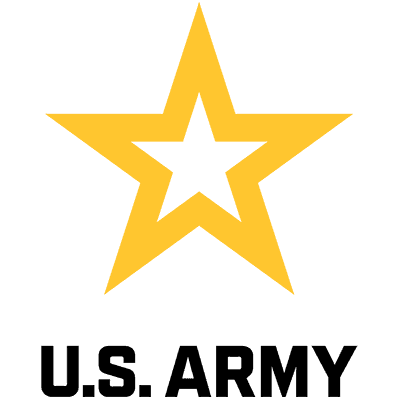Military Epidemiologists / Infectious Disease Physicians
Overview
What are the responsibilities of this role?
Epidemiologists/infectious disease physicians are on the front lines of global health, particularly in the wake of major disease outbreaks, deliberate release of microorganisms, and antimicrobial resistance. Physicians who specialize in epidemiology and infectious disease study the causes, patterns, and effects of diseases in the Military community. They recommend treatment protocols as well as initiatives for disease prevention and control.
What is the work environment like?
Epidemiologists/infectious disease physicians work in hospitals and clinics on land and aboard ships.
How many people have this role in the Military?
2,005
Compensation
Understanding How Military Pay is More Than Just a Salary
Base pay is the standard income you’ll earn as a service member, providing a stable foundation to start achieving your financial goals.
- Always fixed based on rank and service time.
- Distributed monthly.
What is the typical salary range?
$106,099
$134,183
$168,646
Military Details
Is this a staff or leadership role?
What does the training for this role entail?
Job training for epidemiologists/infectious disease physicians primarily consists of on-the-job learning in various training environments. Scholarships for advanced medical training are available in return for an obligated period of military service. Qualifying students benefit through unique training experiences and get to attend certain military short courses designed to develop tactical, technical and operational skills unique to the military environment. Like other officers working in healthcare, they complete a comprehensive training program covering responsibilities, orientation to military structure, healthcare and etiquette, traditions, and leadership development. Job-specific training may include:
- Team Strategies and Tools to Enhance Performance and Patient Safety/TeamSTEPPS® Essentials and Fundamentals
- Mishap Investigation and Prevention
- Operational Aeromedical Problems
- Senior Leadership
- Joint Operations Medical Management
Education
What level of education do professionals in this role have?
Which college majors best prepare you for this role?
- Environmental Health
- Cell/Cellular Biology and Histology
- Epidemiology
- Medical Science/Scientist
- Epidemiology and Biostatistics
- Infectious Disease and Global Health
Learn About How Military Can Pay for 100% of your College Degree
Skills and Interests
What knowledge is essential to bring to the table?
- Biology
- Mathematics
- Computers and Electronics
- Education and Training
- English Language
What personality traits help people thrive in this role?
You love figuring out how things work and researching subjects that interest you.
You love connecting with people, helping others and making a difference in your community.
RIASEC represents six broad interest areas—Realistic, Investigative, Artistic, Social, Enterprising and Conventional—helping individuals identify careers that match their skills and preferences.
Take the RIASEC TestData supplied by Bureau of Labor Statistics, National Center of Education Statistics, Defense Manpower Data Center (View our update schedule). Contact any business, college or military service branch to answer additional questions.
